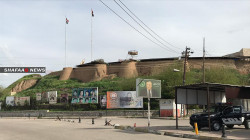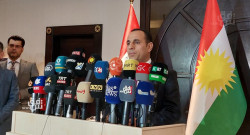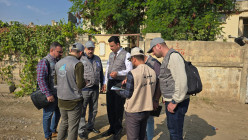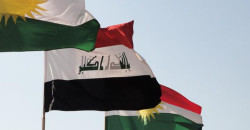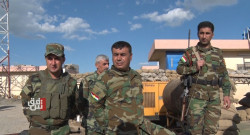Kurds question Iraq census results, demand 1957 data verification
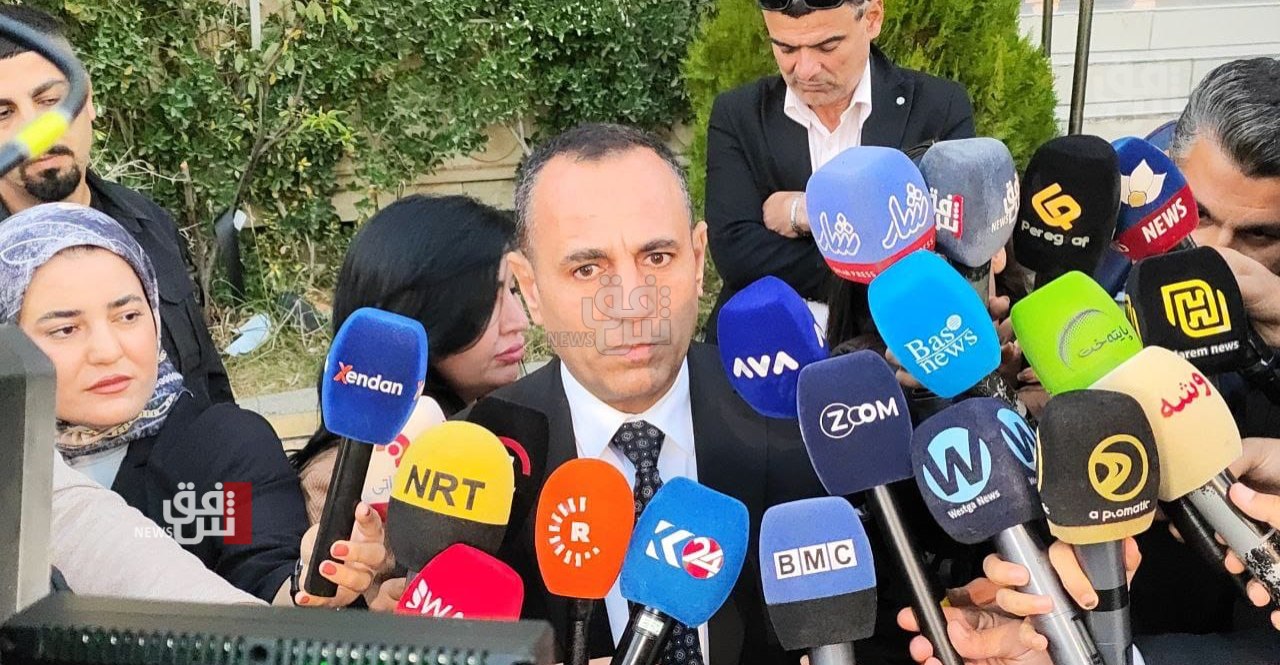
Shafaq News/ Concerns are mounting over the results of Iraq’s general population census, conducted on November 20–21, as Kurdish leaders call for a review of the data using the 1957 census as a reference point.
Fahmi Burhan, Head of the General Board for Kurdistani Areas Outside the Region, described the census process as “administratively successful” but expressed serious concerns about its implementation.
“While the census process succeeded in many areas, technical difficulties with the tablets and incomplete coverage in border regions between Kurdistan and the federal government remain significant issues,” Burhan stated.
He further alleged violations in some southern neighborhoods of Kirkuk, adding, “Despite efforts to prevent disputes that could destabilize Kirkuk, these issues raise legitimate concerns for the Kurdish population.”
Burhan stressed the need for a joint committee involving the Kurdish Ministry of Planning and the Iraqi government to verify the census results. "Names and registrations must be reviewed based on the 1957 census data, and any incorrect records should be corrected and transferred to their rightful locations before the final results are declared," he said.
Burhan noted that an agreement between Erbil and Baghdad established the 1957 census as the basis for determining the status of Kurdistani areas outside the Kurdish administration, stretching from Khanaqin to Sinjar.
The census controversy underscores the persistent tensions in disputed areas like Kirkuk, Khanaqin, and parts of Diyala and Nineveh provinces. These regions remain contested between the Iraqi government and the Kurdistan Regional Government (KRG), with historical, ethnic, and political claims fueling the dispute.
The demographic makeup of these areas has been contentious since Saddam Hussein’s regime, which implemented Arabization policies to alter their ethnic composition. Despite the regime's fall in 2003, disputes over these territories continue, often flaring during key political or administrative events like the census.
